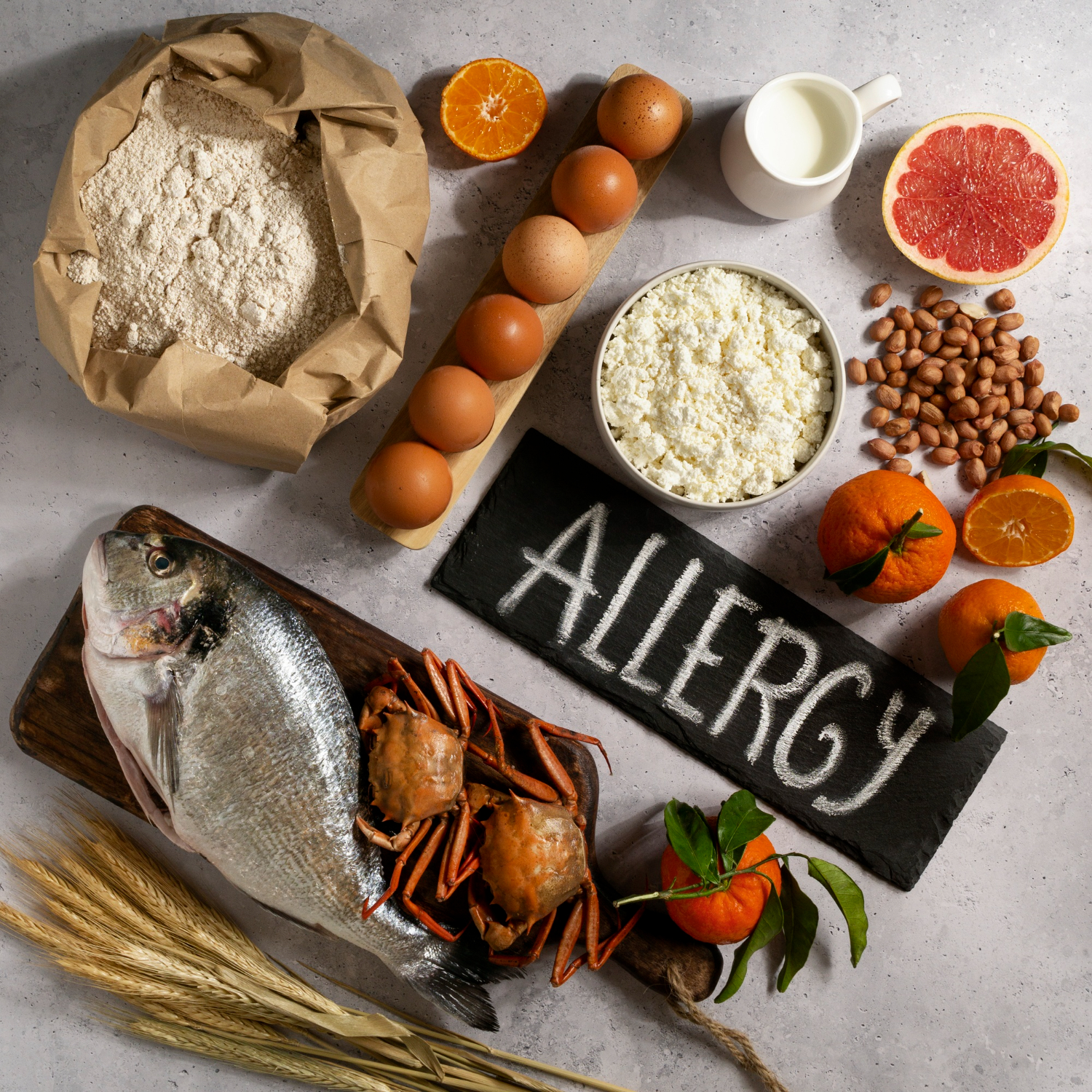
Food allergies affect many people all around the globe. It occur when the body's immune system reacts to certain proteins in food. These can vary from relatively mild to severe reactions. Food allergies cannot be cured but can be prevented. The month of May is Food Allergy Action Month; and appropriate to learns more about food allergy and how to manage it.
The following are considered as the major food allergens:
People with food allergies should carefully check labels and avoid the foods they are allergic to. It is important that food labels identify the food source of all major food allergens used to make the food. This requirement is met if the common or usual name of an ingredient already identifies that allergen's food source name (for example, buttermilk). Otherwise, the allergen's food source must be displayed at least once on the food label in one of two ways.
However, these labeling requirements do not apply to foods that are placed in a wrapper or container (such as a box for a sandwich) following a customer's order at the point of purchase.
Symptoms of food allergies may appear from within a few minutes to a few hours after a person has consumed the food to which he/she is allergic. A severe, life-threatening allergic reaction is called anaphylaxis.
Symptoms of allergic reactions include:
Those who begin experiencing any of these symptoms should stop eating the food immediately, evaluate the need of emergency help and seek medical attention. Some of these symptoms may not always due to a food allergen. It is important to seek proper care and diagnosis from a healthcare provider to determine if the symptoms were due to a food allergen.
Unleash Your Potential: Elevate Your Abilities with Our Assessments.